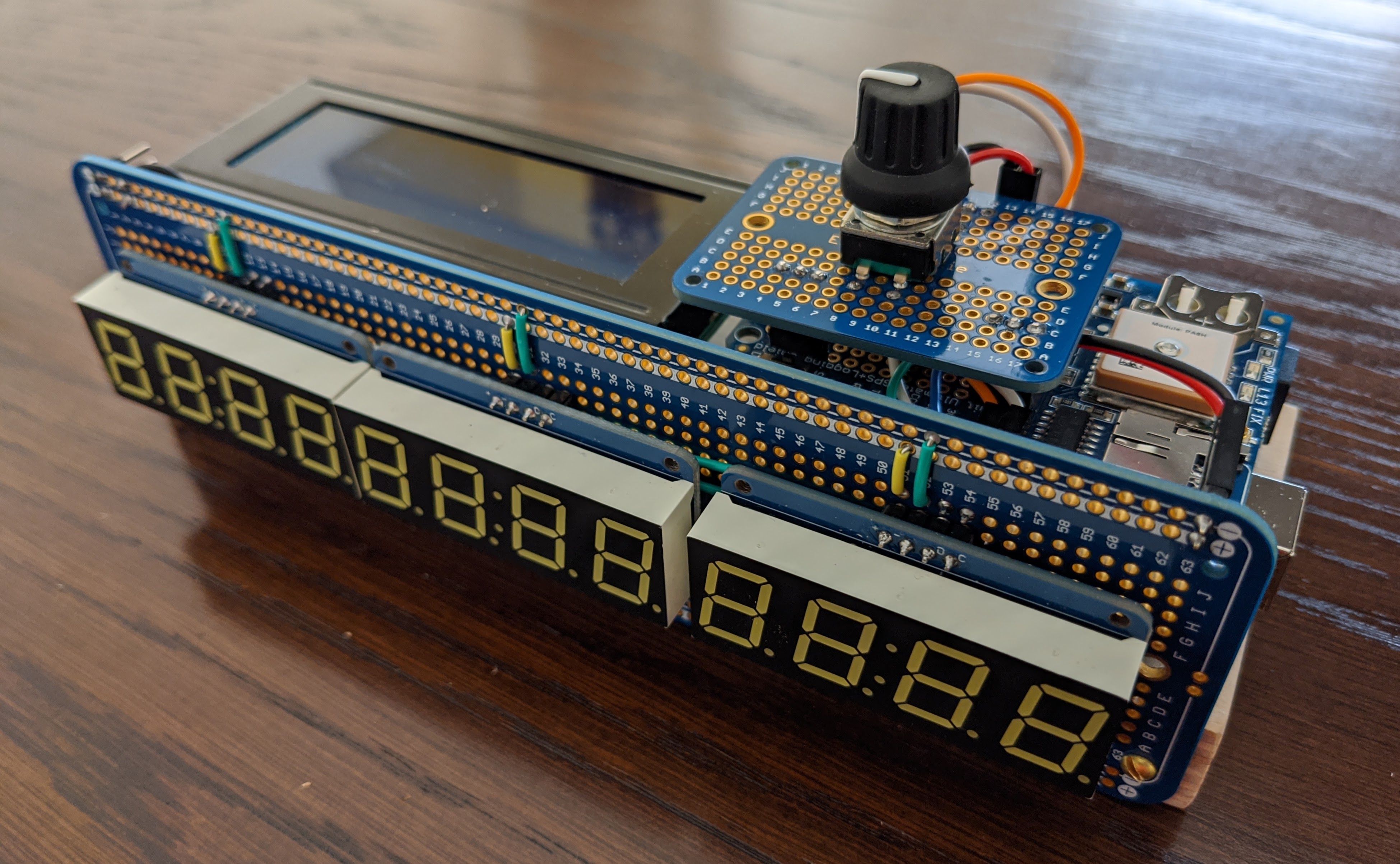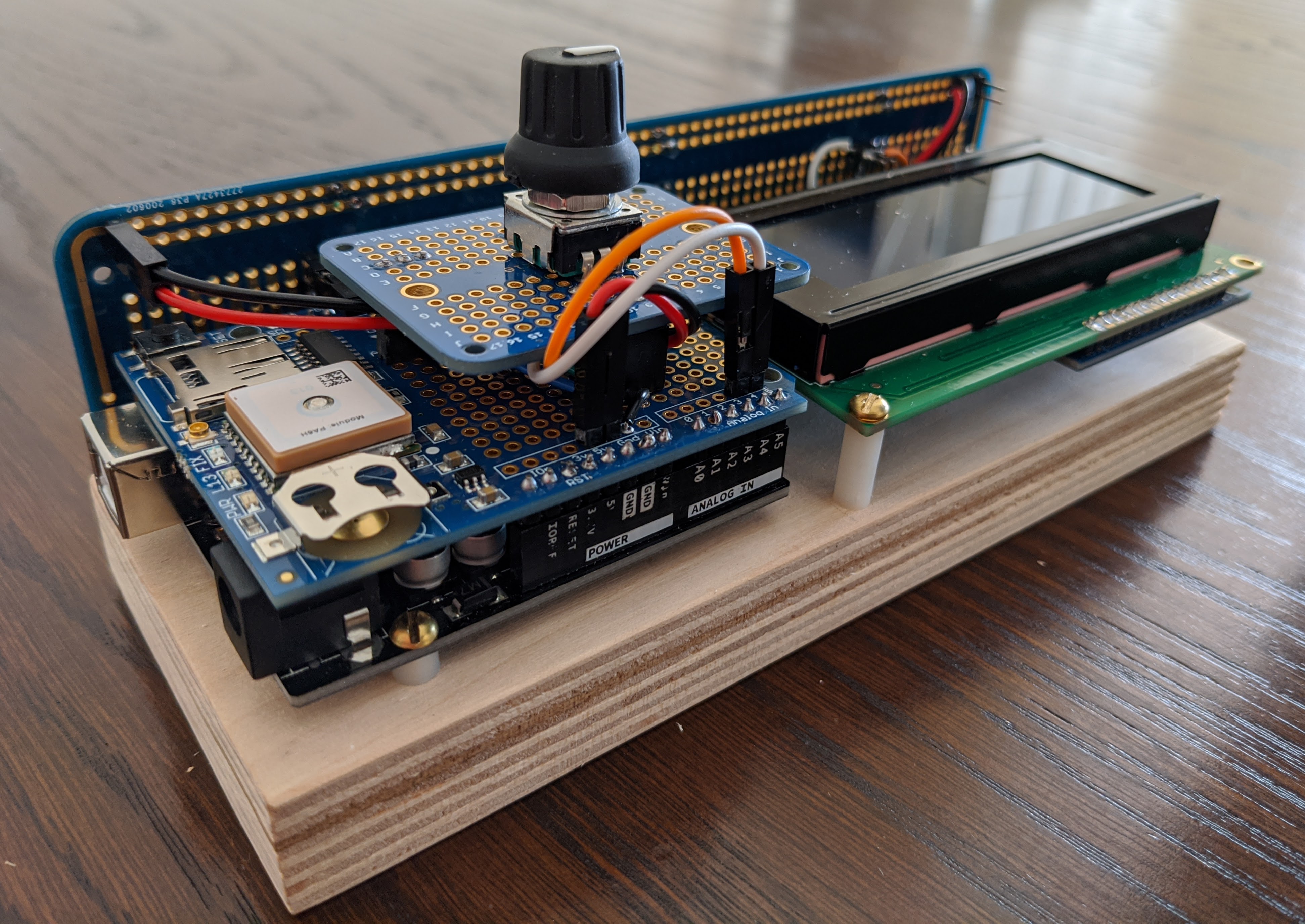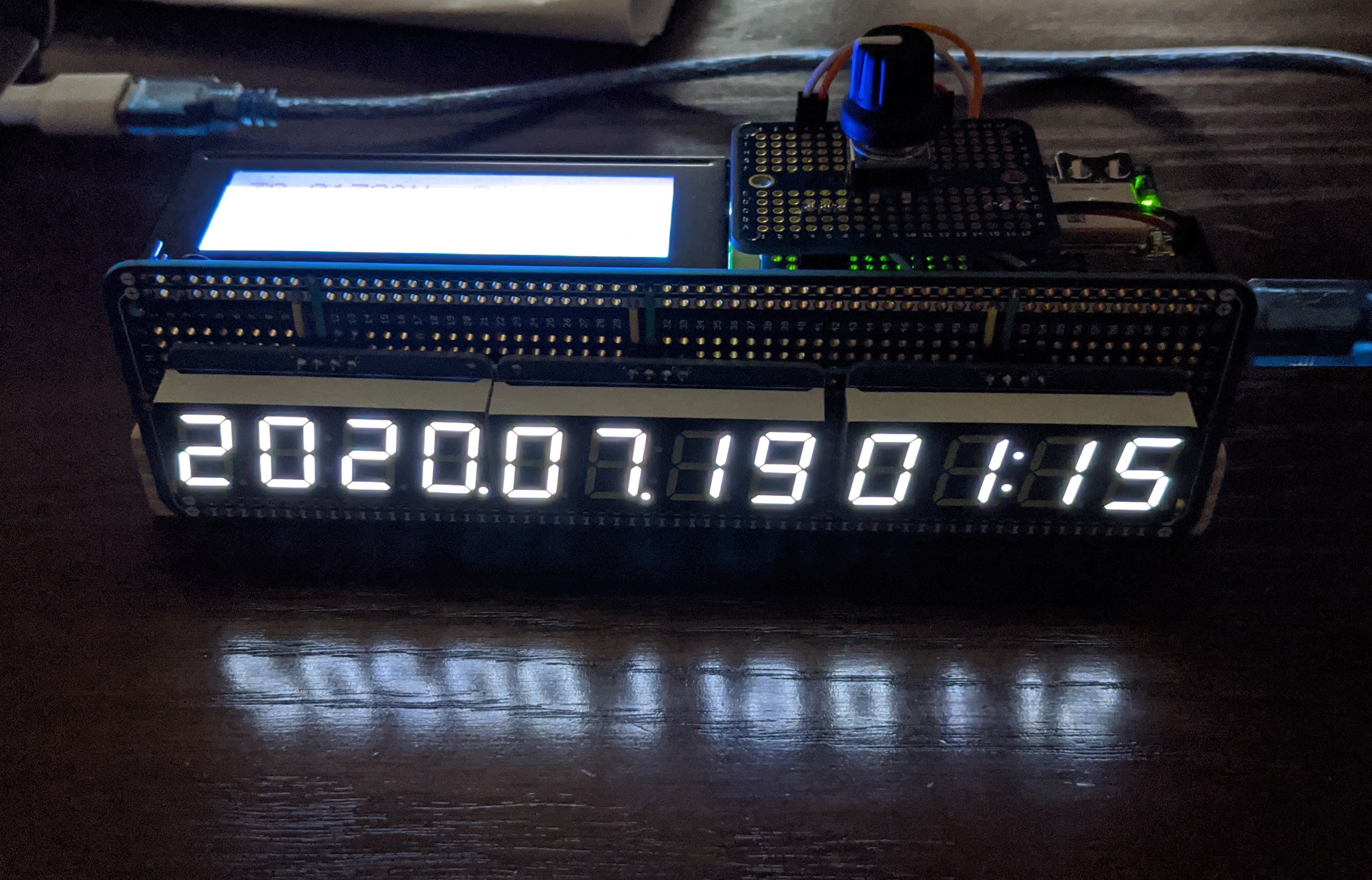As I pen this post, I am pushing the dreaded, or perhaps some may say the celebrated, age of 51. I tell my younger colleagues with absolute conviction that the energy and drive in my 30’s was markedly elevated in comparison, so those tales told by our parents are indeed true.
It takes substantially more effort to stay active and engaged in life. However, I stand before you today unequivocally professing that continuous learning is the one persistent activity in my life that has not only led to better career performance, but also a greater sense of fulfillment and purpose.
I could go on about the myriad adventures of learning over the past 30 years, but I want to talk about what happened during the COVID lockdown of 2020, an event that will likely be remembered generations beyond our lifetime.
In my early childhood years, I had taken a casual interest in electronics, but that was quickly shelved once I was introduced to programming. Despite spending my entire career in the realm of software, I still found myself gravitating towards building physical things. COVID opened an old door. Everything has a silver lining, you simply need to look at life through a positive lens.
I decided to buy an Arduino starter kit, which was a combination of hardware components and crude software examples. I also enrolled in a free Coursera class to learn more about the principles of electronics. Honestly, I had no idea where all of this was going, but it simply did not matter because I was enjoying the experience of exercising my brain by learning something new.
During the course of hacking on the Arduino, I decided to build something real. A GPS-synchronized digital clock. There are many things that needed to happen before the clock became real. Learning how to interface with each component. Learning the Arduino development ecosystem. Learning how to work with 32K of memory. Learning how to solder components on a PCB. Learning how to connect multiple components on an I2C bus. Making mistakes, and so on…
And, then there was the final assembly, which turned out to be more work than anticipated. But, of course, that is the whole point about learning.



Look, the idea of building a clock may seem like an utter waste of time for many, but the end goal is not really about the clock, it is about exercising the brain. The completion of the clock, of course, is critical because it means a bunch of dots were connected in the process.
What I have found over the past 30 years is that learning something new, which typically entails some degree of struggle, often leads to an enhanced level of lateral thinking. And, this has been particular helpful in my professional life, because it allows me to step away from a problem and examine it from an alternative angle.
Exercising the brain is like exercising the body. It always translates to better performance.